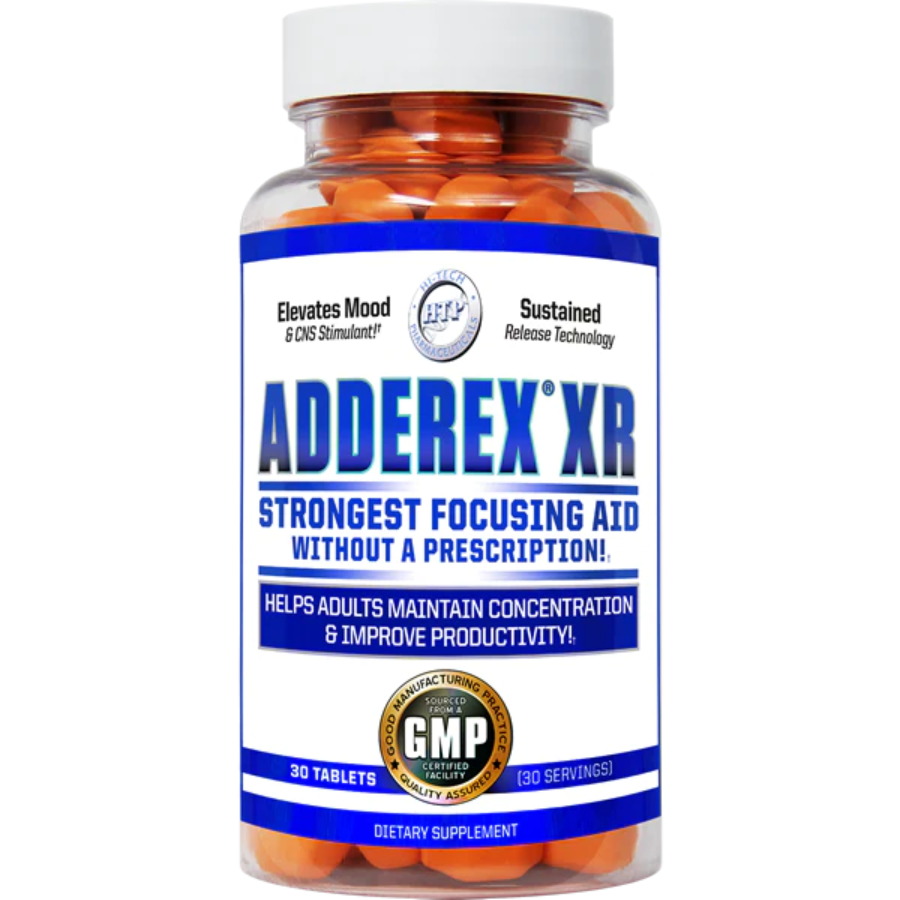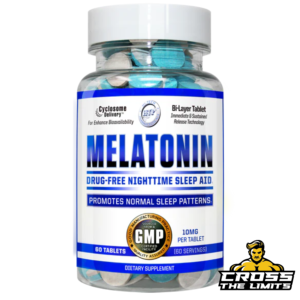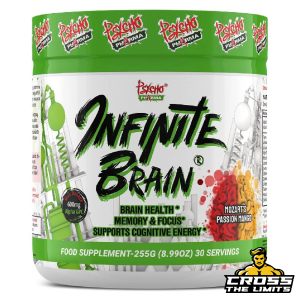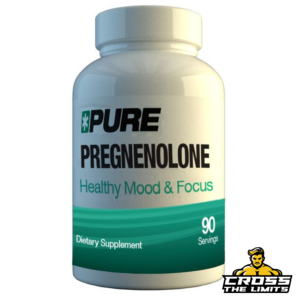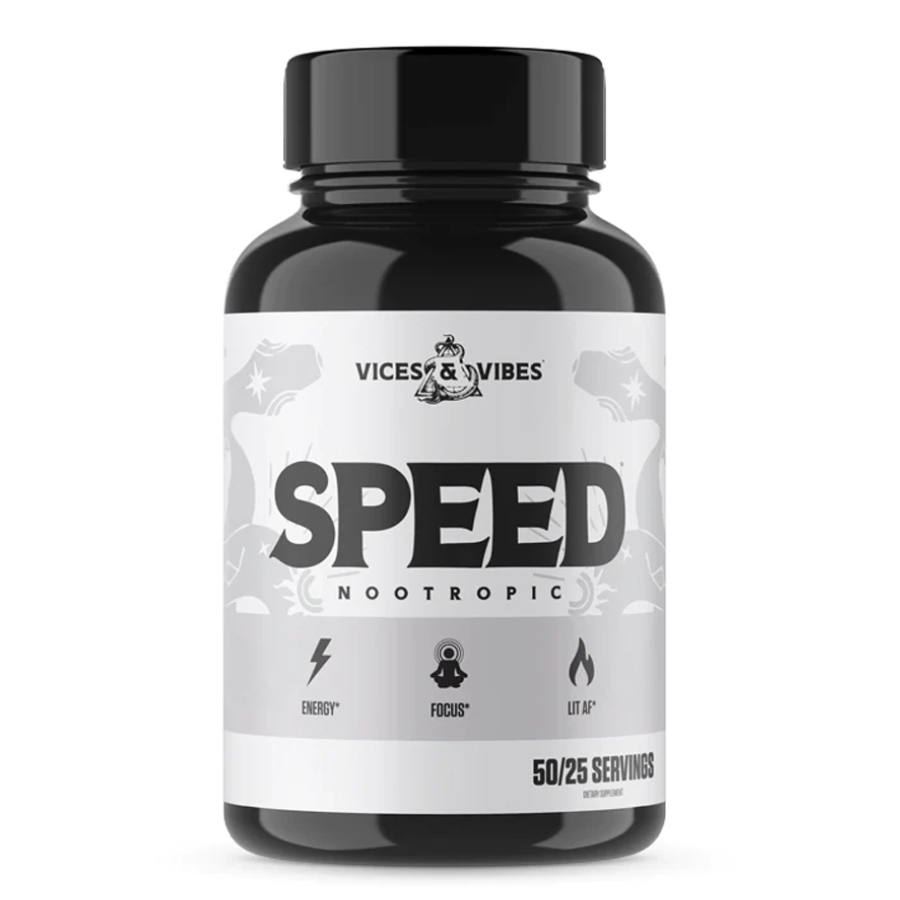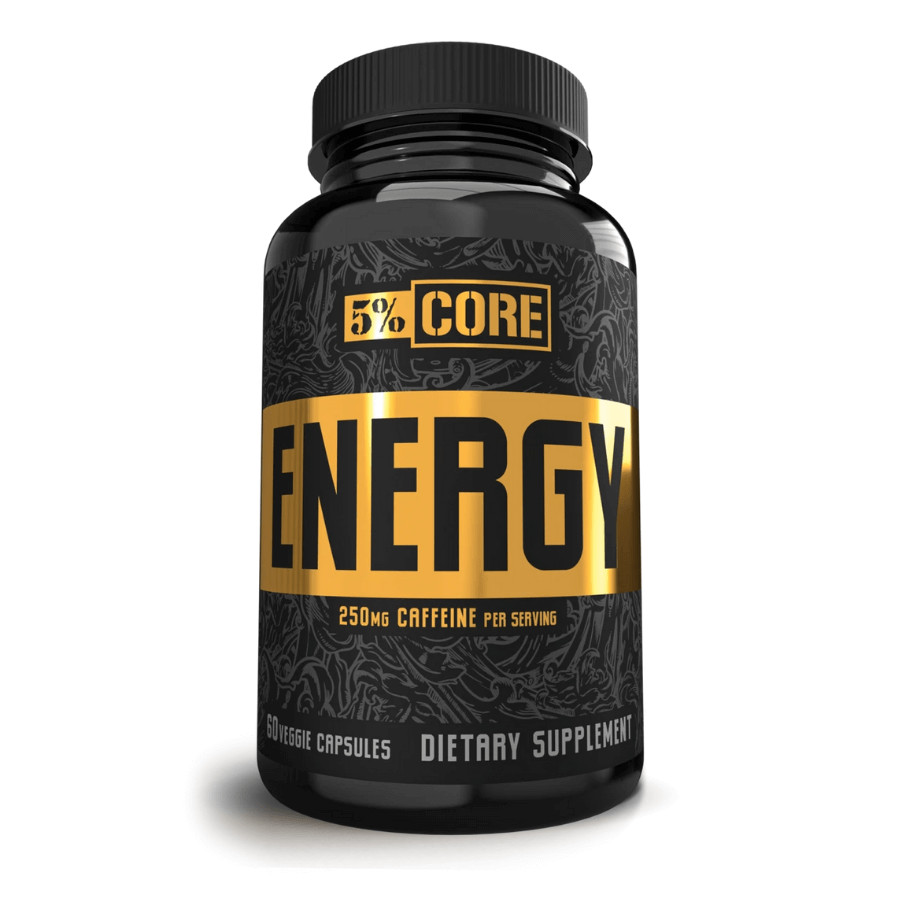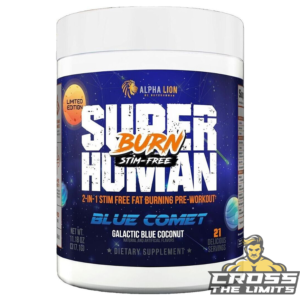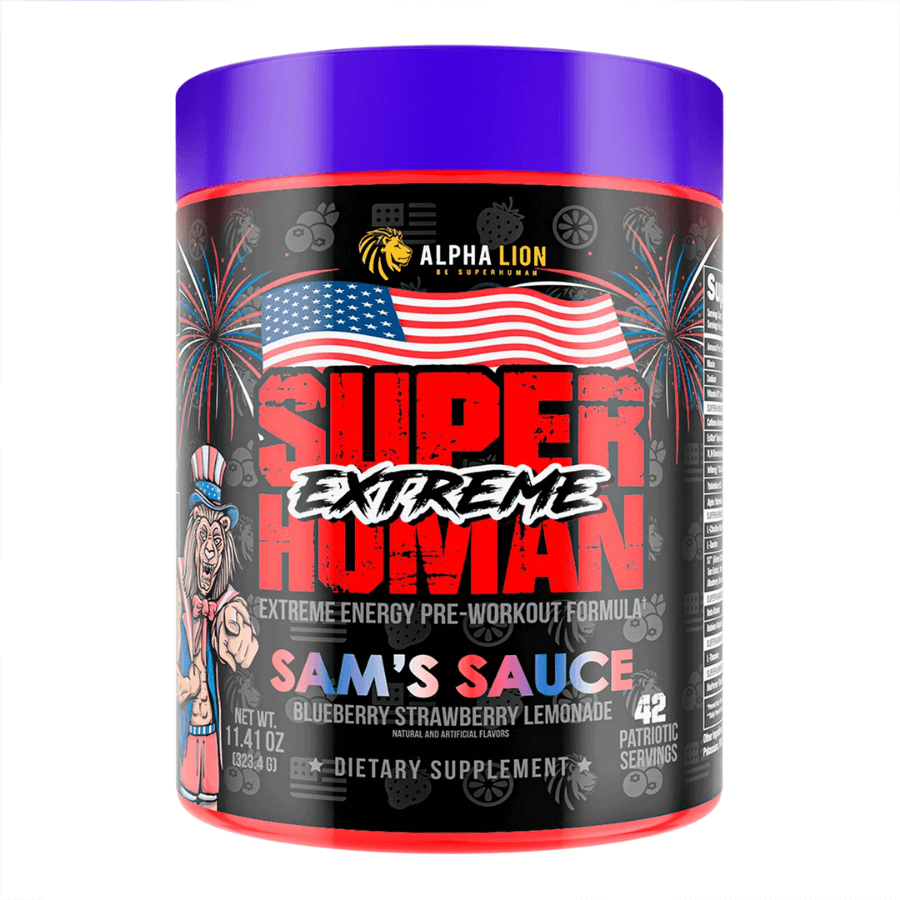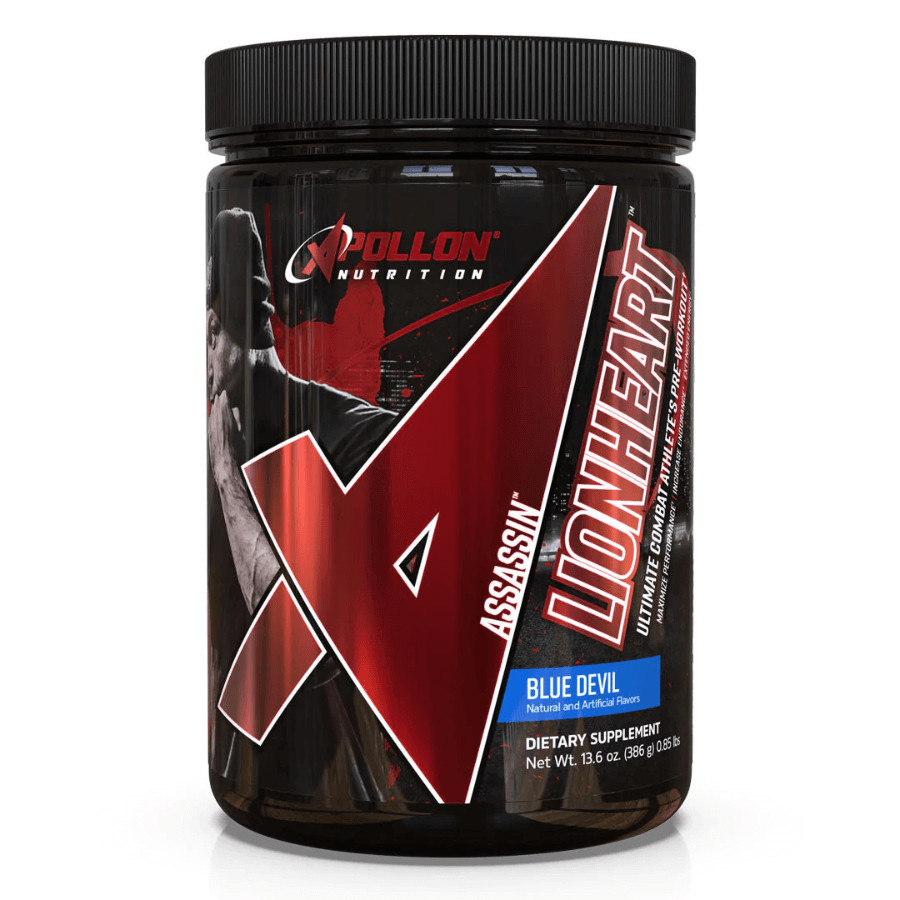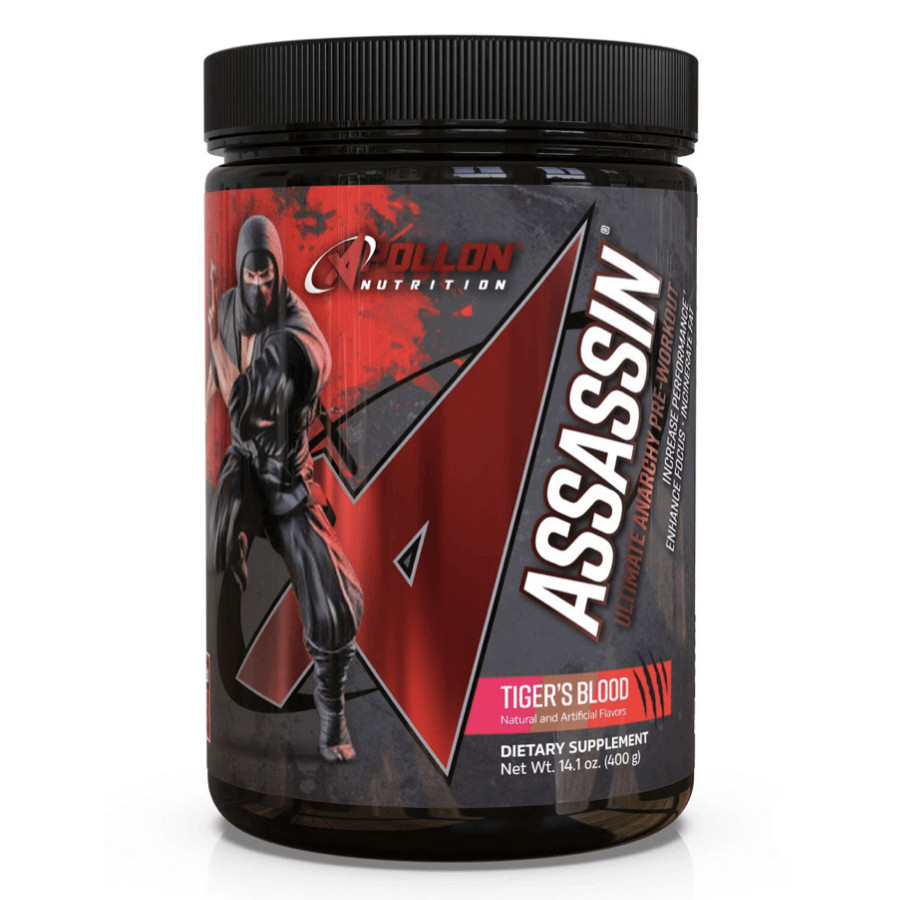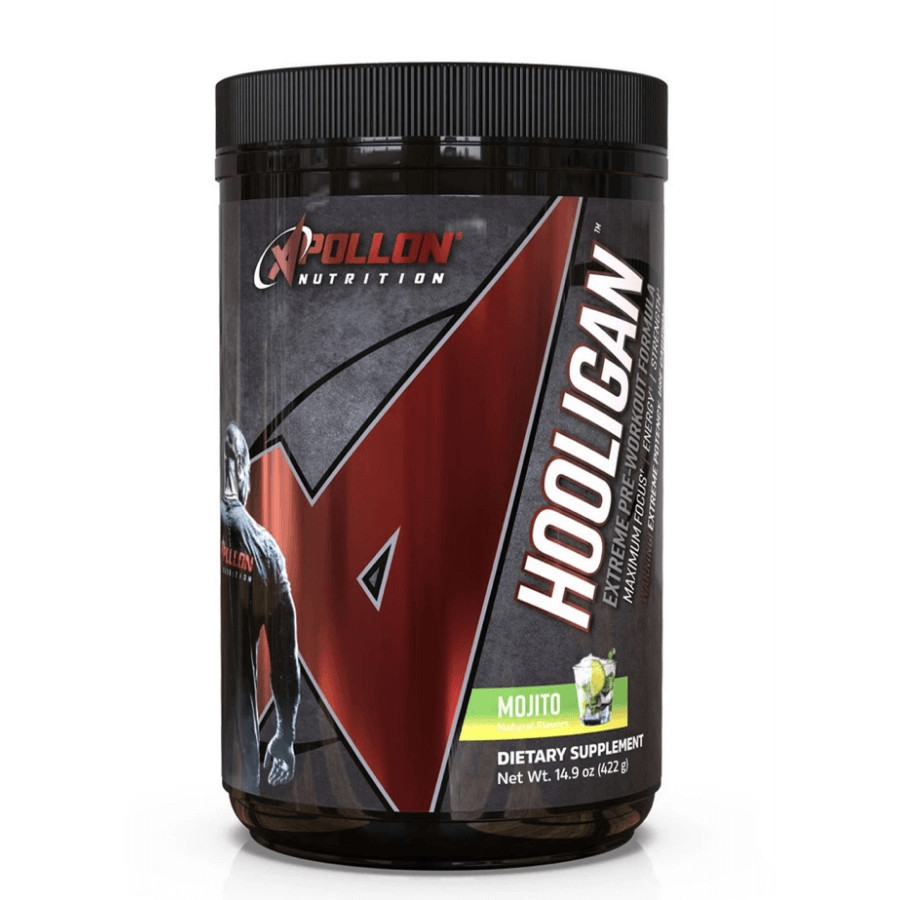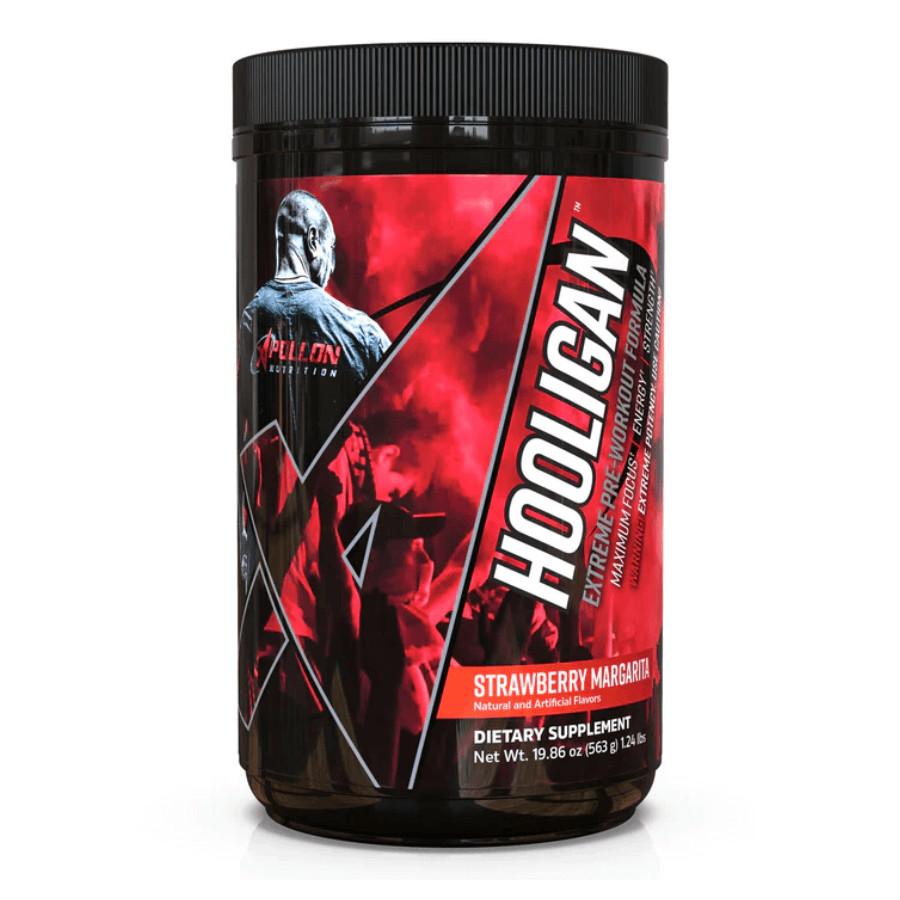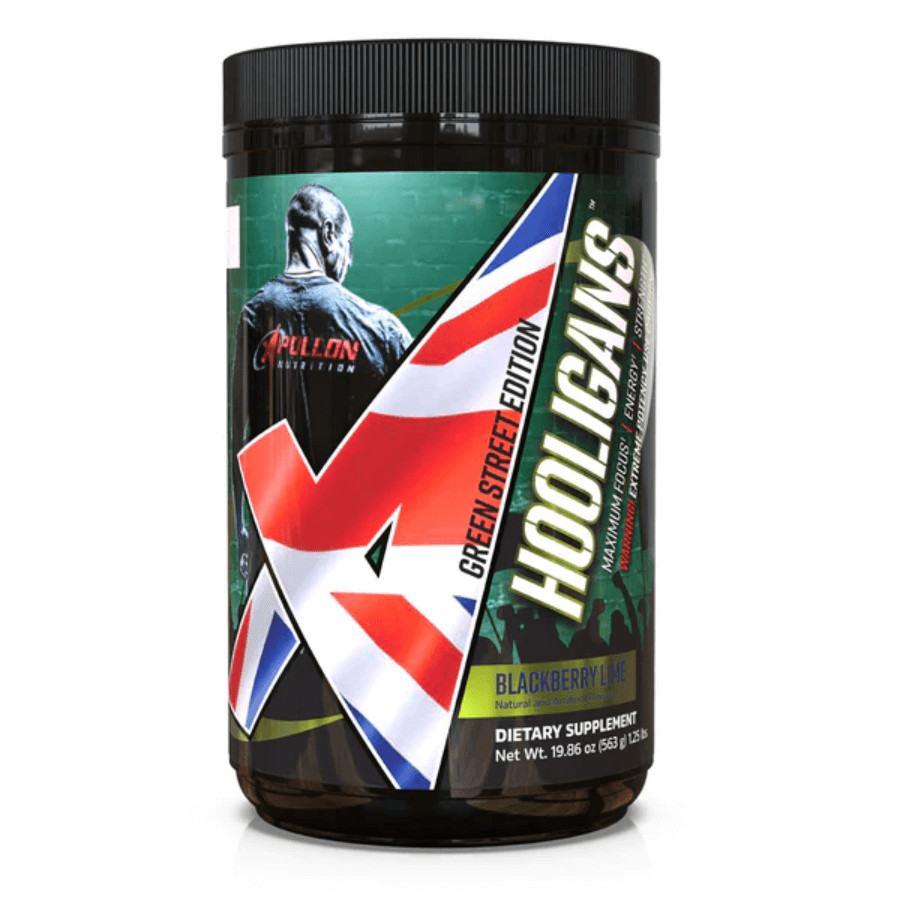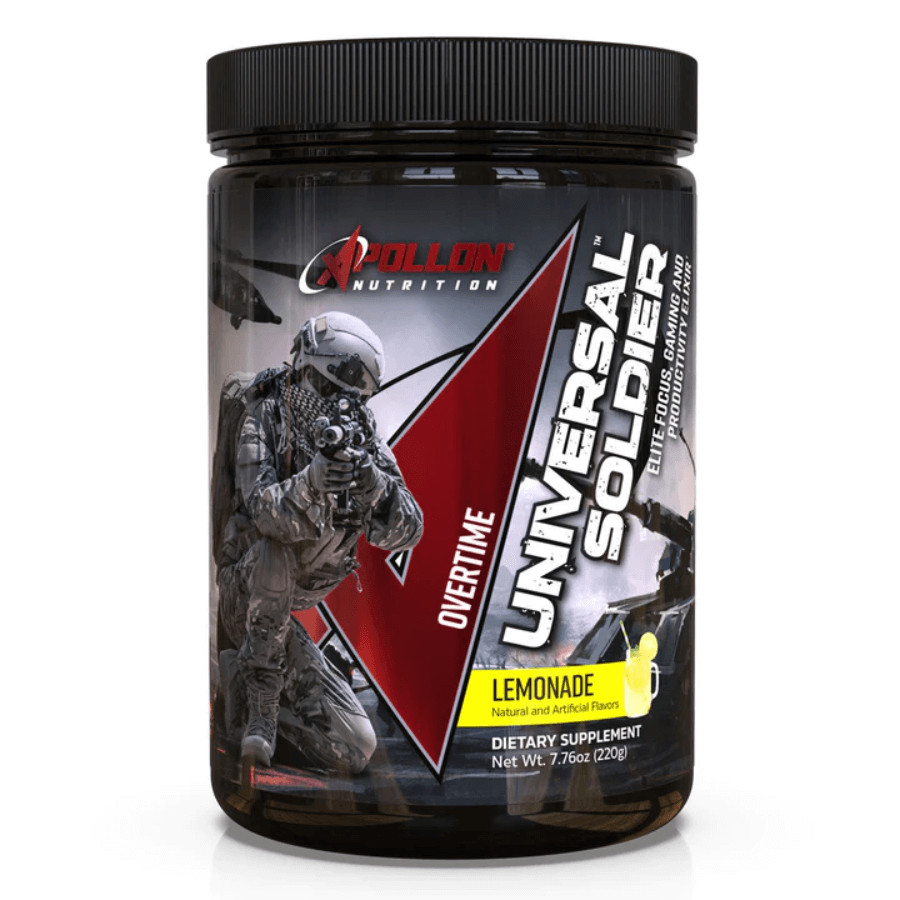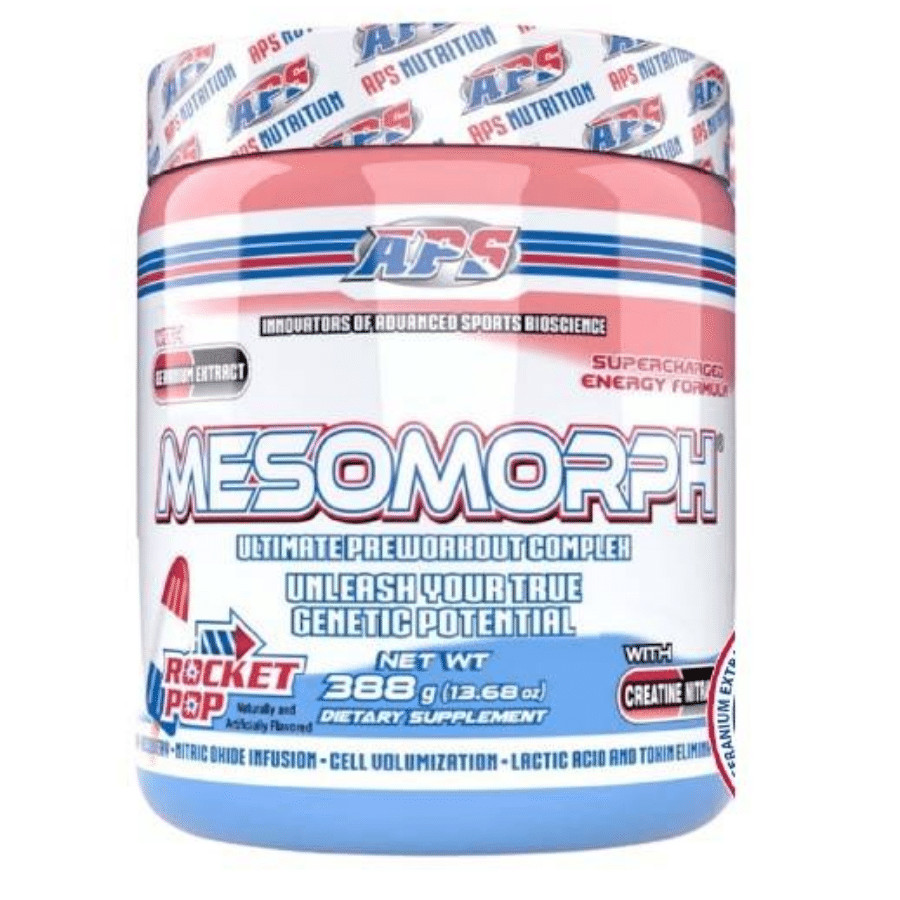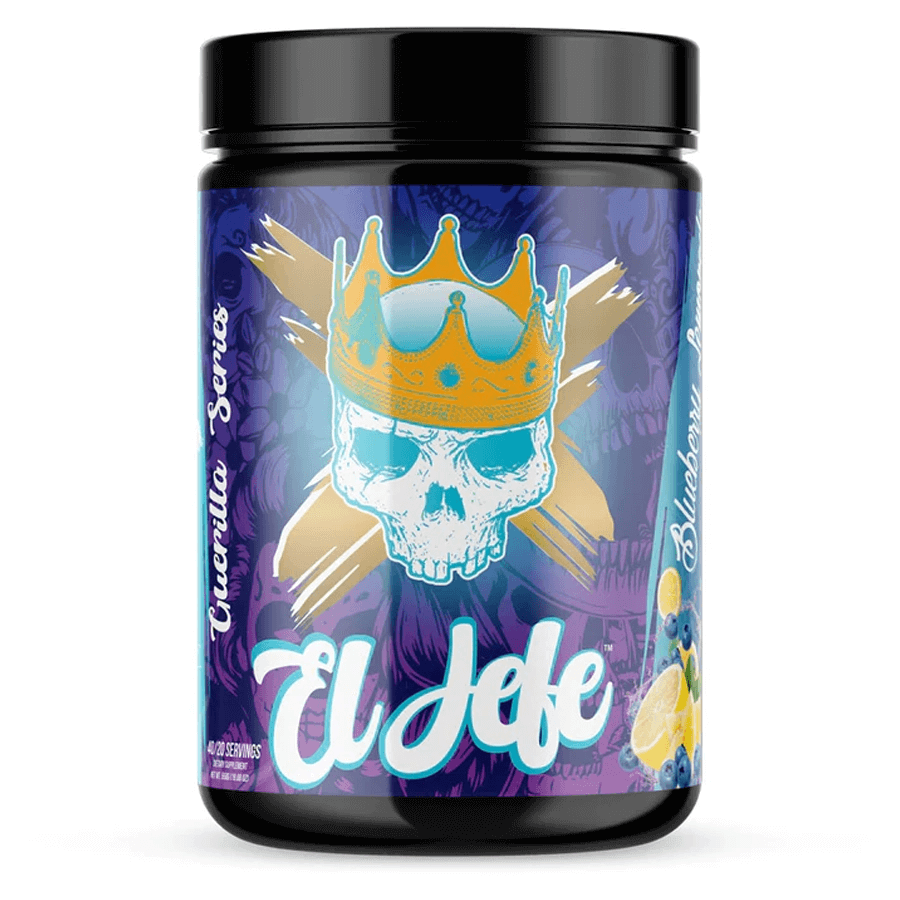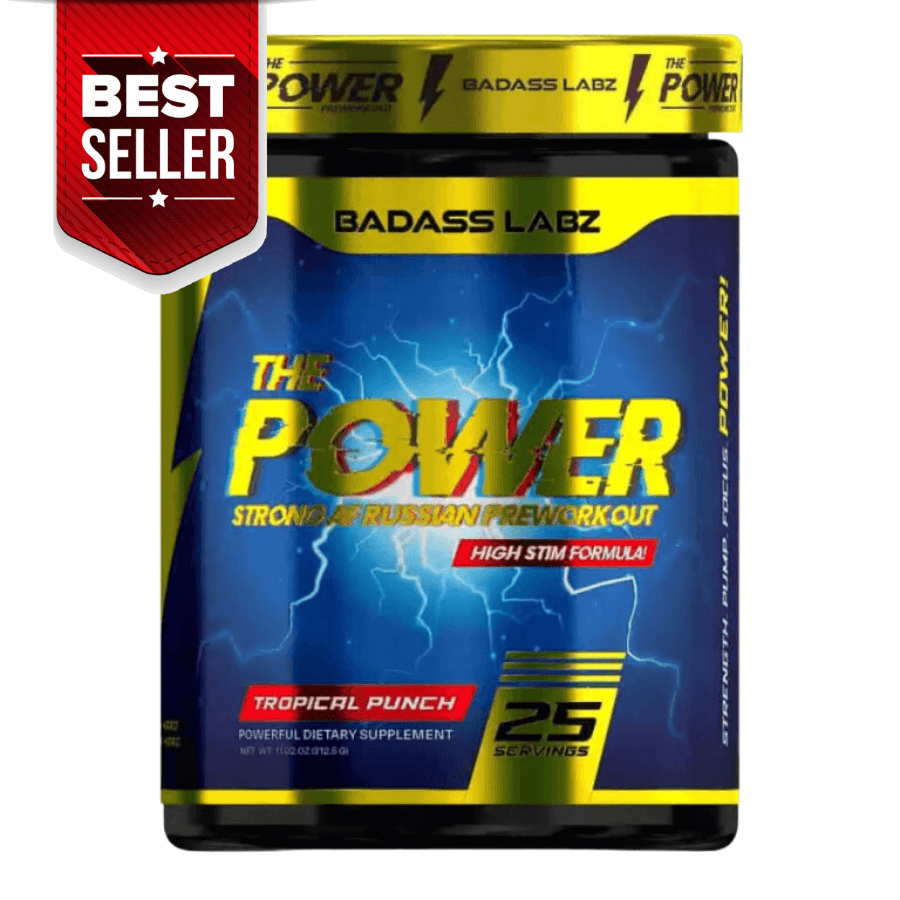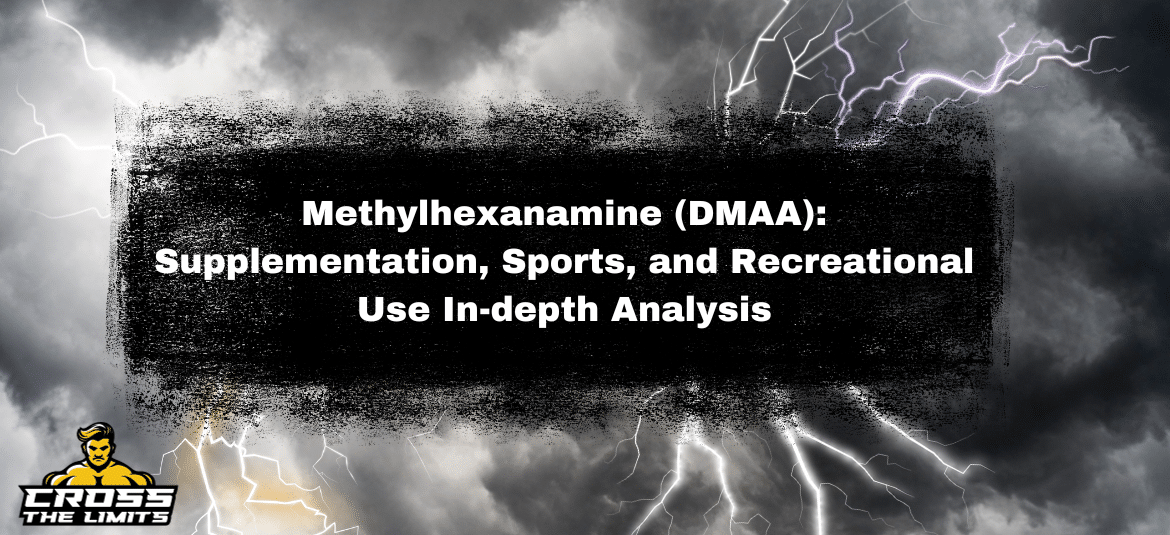
Methylhexanamine (DMAA): Supplementation, Sports, and Recreational Use – In-depth Analysis
Introduction
Methylhexanamine (DMAA) has been controversial in supplements, sports, and recreation for several decades. Although it was once widely available in various products, it is now regulated and banned in many countries. This article aims to represent the history accurately, uses, risks, and legal aspects of DMAA.
Part 1: DMAA as a Dietary Supplement
1.1 History and Origin
DMAA was first synthesized in 1944 by Eli Lilly and Company and was initially used as a vasoconstrictor. Its presence on the market was limited for many years until the beginning of the 21st century when it was “rediscovered” as a dietary supplement ingredient.
-
buyRead More
Hi-Tech Melatonin 60Tab
£12.95BuyRead MoreBuy1.2 Mechanism of Action
DMAA acts by mimicking the action of the natural neurotransmitter – norepinephrine. It stimulates the release of this neurotransmitter, leading to increased energy levels, focus, and alertness. This stimulation can also contribute to increased muscle endurance and accelerated metabolism.
1.3 Popular Supplements with DMAA (Past Examples)
In the past, DMAA was an ingredient in many popular dietary supplements, including:
Jack3d: A pre-workout product produced by USPlabs, popular among bodybuilders and athletes due to its stimulating solid properties.
OxyElite Pro: A weight loss aid also from USPlabs, which contains DMAA as one of its ingredients.
MethylHex 4,2: A dietary supplement by SEI Pharmaceuticals, marketed as a weight loss aid.
All these products were withdrawn from the market following interventions by market regulators, such as the FDA in the United States.
1.4 Risks and Side Effects
DMAA is associated with the risk of severe side effects, especially when this substance is abused. Potential dangers include hypertension, heart attacks, strokes, liver problems, and mental disorders. For this reason, many experts and public health institutions warn against using supplements that contain DMAA.
Part 2: DMAA in Sports
2.1 Doping and Banning
DMAA is on the list of substances the World Anti-Doping Agency (WADA) banned. Athletes caught using DMAA can be disqualified, and sanctions may be imposed on them.
2.2 Famous Doping Cases
There have been cases of athletes being suspended or penalized for using DMAA. An example is Claudia dos Santos, a Brazilian sprinter disqualified from the Pan American Games in 2011 after DMAA was found in her system.
Part 3: Recreational Use of DMAA
3.1 Rise in Popularity in Clubs
DMAA has become popular in nightclubs and dance parties as a substitute for amphetamine or ecstasy. Users seek its stimulating and euphoric effects, but recreational use of DMAA is hazardous, especially when mixed with alcohol or other psychoactive substances.
3.2 Risks Associated with Abuse
Abusing DMAA for recreational purposes can lead to numerous serious health consequences, including poisoning, hypertension, heart problems, and even death. Therefore, many countries have taken steps to limit the availability of this substance.
-
buyBuyBuyBuyRead More
Apollon Nutrition Assassin Lionheart 20 SERVINGS
£45.95 £63.56Read MoreRead MoreApollon Nutrition Hooligan V5 422g
£42.00 £51.94Read MoreBuyBuyAPOLLON NUTRITION OVERTIME UNIVERSAL SOLDIER 20 servings
£44.95 £52.96BuyAPS Mesomorph V4 388g DMHA
£40.29Read MoreRead MoreASC Supplements EL JEFE 434g
£40.82Part 4: Legal Regulations and Safety
4.1 Actions of Authorities Worldwide
In response to numerous reports of severe side effects associated with DMAA, authorities in many countries, including the United States, Canada, the United Kingdom, Australia, and New Zealand, have introduced bans or restrictions on selling DMAA products.
4.2 Recommendations for Consumers
Individuals considering dietary supplements containing DMAA should know the potential risks and consult a doctor before use. In the event
Part 5: Summary and Conclusions
5.1 Critical Assessment of DMAA
Analyzing the available information about DMAA allows for a critical evaluation of this substance. On the one hand, DMAA can provide users with increased energy, improved focus, and enhanced physical performance, which athletes and physically active individuals especially value. On the other hand, the accompanying side effects and the potential risk of severe health complications cannot be ignored.
5.2 DMAA and Health Safety
It is important to emphasize that the safety of DMAA use has not been sufficiently studied, and reported cases of severe side effects, including death, are a cause for deep concern. Consequently, many public health organizations and market regulators worldwide have decided to ban or restrict the sale of DMAA products.
5.3 Impact on the World of Sports
The presence of DMAA on the list of substances banned by the World Anti-Doping Agency (WADA) indicates the seriousness with which the potential risk associated with its use in sports is treated. Athletes, even those who participate in sports recreationally, should be aware of the risk of disqualification and other consequences of using this substance.
5.4 Alternatives and Safe Use of Supplements
For those seeking safe methods to enhance their physical performance and fitness, many alternative supplements and procedures do not carry such high risks—consultation with a doctor or a nutrition specialist before starting any dietary supplements.
5.5 Call for Responsibility and Education
In summary, DMAA is a substance with proven stimulating effects but carries a severe health risk. Responsibility for minimizing risk rests not only with market regulators and manufacturers but also with users themselves. Education about potential hazards associated with DMAA use and promoting safe practices in supplementation and sports are crucial for public health protection.
5.6 The Need for Further Research
Given the limited number of scientific studies on DMAA, there is an urgent need for further, independent, and objective research to understand its impact on the human body fully. Only based on solid scientific data can informed and responsible decisions be made regarding the future of this substance in the dietary supplement market and sports.
This article attempts to present a comprehensive picture of DMAA, considering its history, applications, potential risks, and legal and regulatory aspects. Health and safety should always be the top priority, and knowledge and awareness are crucial to making informed decisions.
Check other posts

Unveiling the Reality of Steroid Use in…
July 24th, 2024
Read more
Exploring the Benefits of Corporate Sponsorships for…
July 23rd, 2024
Read more
Game Changer: Exploring the Impact of Cannabis…
July 21st, 2024
Read moreWe use cookies to ensure that we give you the best experience on our website. If you continue to use this site we will assume that you are happy with it.
ACCEPT
